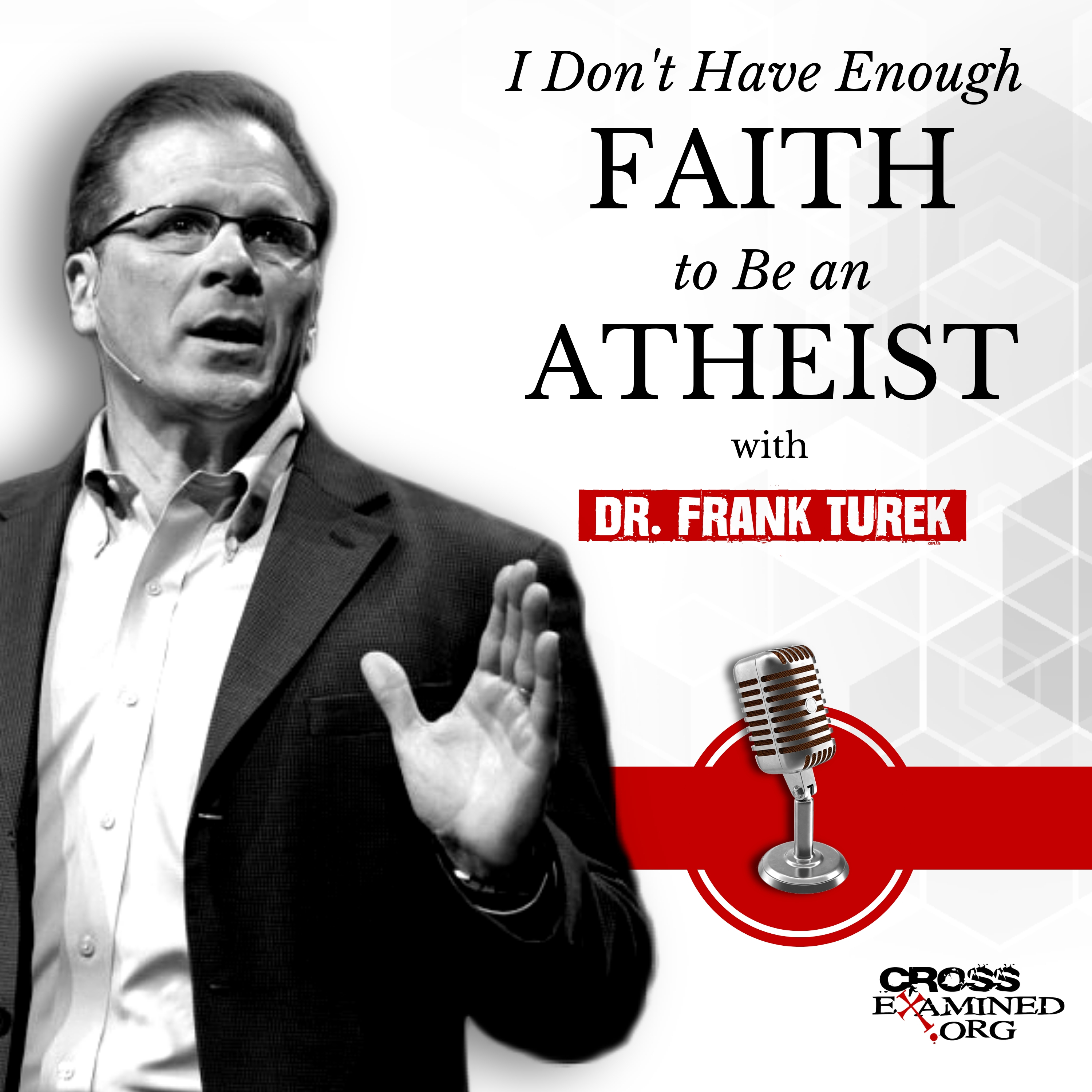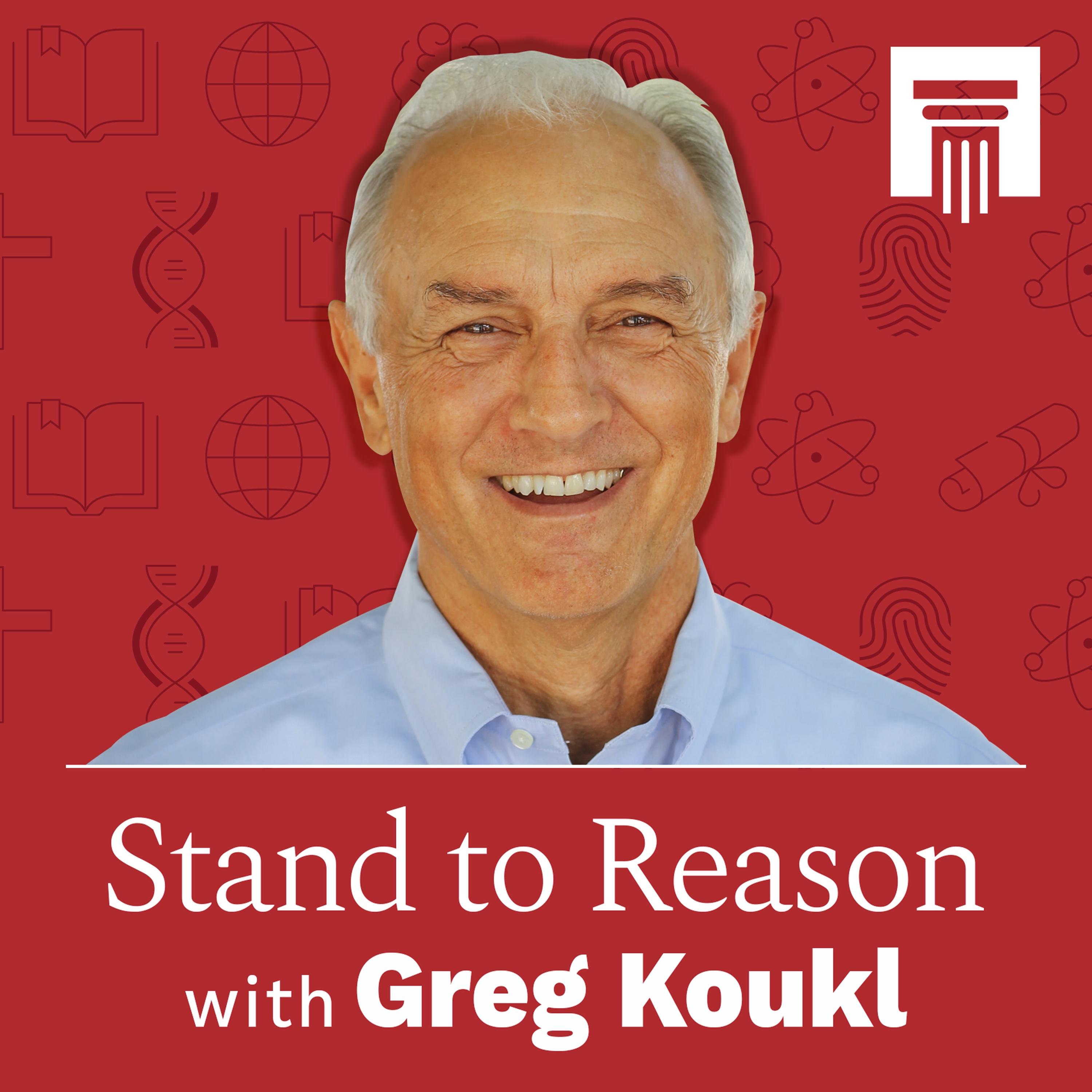Six years ago, I read a book about tying the Bible to today’s culture. In it, I have 142 highlights and 4 notes. If you want to make sense of the intersection of faith and culture, try reading…
Think Christianly: Looking at the Intersection of Faith and Culture
by Jonathan Morrow
“”Think Christianly, in a compelling and accessible way, equips Christians young and old to engage the culture winsomely, intelligently, and confidently.” – Chuck Colson Jonathan Morrow believes that only when Christians learn to present a compassionate, engaging, and informed voice to our culture can the church again become a place the world turns to for answers. Think Christianly gives church leaders practical tools for helping their congregations thoughtfully engage today’s cultural questions.””
The book’s chapters are interviews with different people about cultural topics. It’s broken into three sections: Understanding Our Intersection, Preparing To Engage, and Areas We Must Engage.
This is the first place I learned about the religion of many Americans—Moral Therapeutic Deism. What’s that?
“The dominant religion of today’s American teenager is Moralistic Therapeutic Deism (MTD), a concept developed by Smith and Denton. Not Protestantism, Catholicism, Islam, Judaism, or Buddhism. Regardless of their professed religion, here is what God looks like to the majority of American teenagers (and again, this sample includes those in conservative Protestant and evangelical churches):
• A God exists who created and orders the world and watches over human life on earth.
• God wants people to be good, nice, and fair to each other, as taught in the Bible and by most world religions.
• The central goal of life is to be happy and to feel good about oneself.
• God does not need to be particularly involved in one’s life, except when God is needed to resolve a problem.
• Good people go to heaven when they die.
God is sort of a nebulous combination of divine butler and cosmic therapist. Smith summarized the approach to life that flows out of this belief system as “be nice and call on God if you need him.”
It should go without saying that it is impossible to navigate the pressures and challenges of adolescent or adult life with such a feeble worldview. More importantly, this is hardly the vision for life that Jesus offers his would-be followers.”
That’s convicting. Am I looking at God like that?
“The simple fact is that core Christian beliefs, that is, a biblical worldview, are not guiding the vast majority of adult Christians. The numbers have not changed over the past thirteen years (for example, four national surveys in 1995, 2000, 2005, 2009). Only 9 percent of all American adults have a biblical worldview. And to be honest, these next six statements, which define a “biblical worldview,” are a thin substitute for the robustness of historic Christianity.
1. Absolute moral truth exists.
2. The Bible is totally accurate in all of the principles it teaches.
3. Satan is considered to be a real being or force, not merely symbolic.
4. A person cannot earn his or her way into heaven by trying to be good or do good works.
5. Jesus Christ lived a sinless life on earth.
6. God is the all-knowing, all-powerful creator of the world, and God still rules the universe today.
When narrowing the focus, the news doesn’t get much better. Only 19 percent of professing “born again” Christians hold to a biblical worldview (a respondent would have had to agree that “they have made a personal commitment to Jesus Christ that is still important in their life” and that “they believe they will go to heaven when they die because they have confessed their sins and have accepted Jesus Christ as their Savior.”
“We must move beyond Sunday morning Christianity and learn how to speak in a compassionate, winsome, and informed voice to our culture, starting with the questions they are asking. As Everyday Ambassadors, we build bridges between cultural moments and the gospel of the kingdom.”
“”Culture is the environment and atmosphere in which we live and breathe with others.” That’s good. Philosopher Garry DeWeese helpfully unpacks this concept a bit more by defining culture as a “shared system of stories and symbols, beliefs and values, traditions and practices, and the media of communication that unite a people synchronically (at a given time) and diachronically (through history).” The most transferable way I have found to summarize what culture it comes from Andy Crouch: “Culture is what people make of the world.”
The following quote is timely even more today than when it was written a decade ago.
“Here are two suggestions. First, we need to stop being against everything — especially the media. While our viewpoints may not be fairly represented all the time, grumbling and complaining about it on camera will not change anything. Most Americans can tell you what Christians are against — usually homosexuals — but few could tell you what Christians are actually for, namely, truth, redemption, justice, and human flourishing. Second, as Christians we need to understand those we disagree with (and why), be fair in representing their positions (especially from the pulpit), and do our homework on the issues of our day (part 3 of this book will help). People may still disagree, but they will notice that our carefully considered convictions are based on clear thinking — which will help them see that Christianity is a thoughtful faith. Finally, our distinctions of culture, pop culture, and the world help us shape the appropriate response, given the particular cultural moment we find ourselves in. What we are against is the influence of the world system on culture. We need to abandon the sledgehammer mentality, which often causes collateral damage and unintended consequences, and instead adopt a surgical and tactical approach.”
This is just the start. Chapters cover thinking Christianly about all of life, becoming like the Jesus the world needs, Jesusanity versus Christianity, engaging our media-saturated culture, the good news about injustice, and many more.
Writing this review makes me want to reread the book. I gave it 5 stars.





